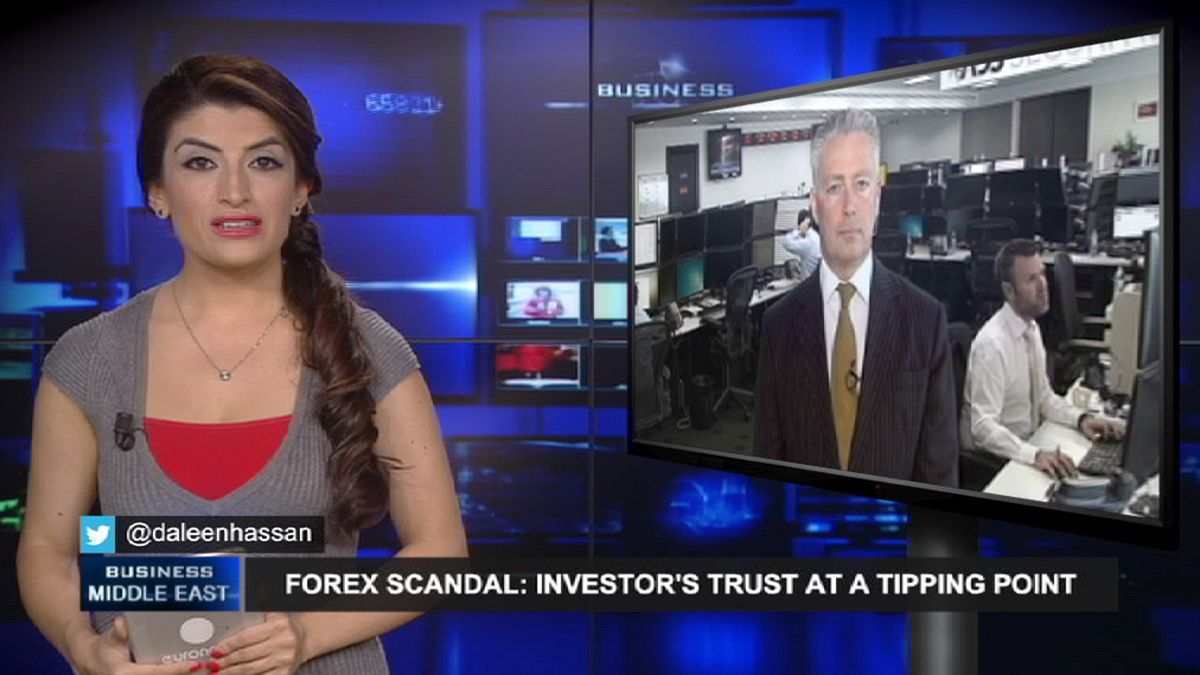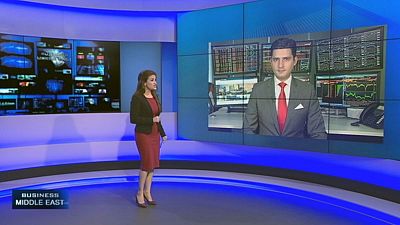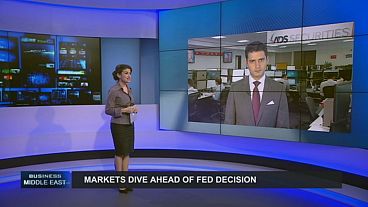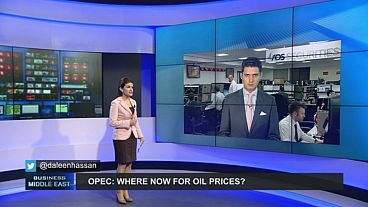A new scandal undermining the reputation of international banking has been added to a long list of previous cases. Under the spotlight this time is a
A new scandal undermining the reputation of international banking has been added to a long list of previous cases. Under the spotlight this time is a group of leading institutions in Europe and the US.
Analysts say a regulatory void underlies the accusations
and subsequent multi-million dollar fines resulting from foreign exchange market manipulations.
As the British financial control authority issued one of the most expensive fines in its history, experts expressed the view that it may not be the last scandal in the sector.
Trust is now at a tipping point as investors consider changing their investment to other trading destinations.
American and British authorities, fined six international banks a total of around $6 billion – about 5.5 billion euros – for manipulating foreign exchange rates. JP Morgan, Citigroup, Barclays. and Royal Bank of Scotland confirmed their attempts to manipulate currencies, in which prices of daily transactions averaged five trillion dollars.
Chatroom cheats
US authorities have indicated that traders used secret language, private chat rooms, and other deceptive means to manipulate the US dollar and the euro during a period that included December to January of 2007 and January 2013.
US Assistant Attorney General Bill Baer gave a withering assessment of the banks’ conduct: “Simply put, exchange rates are prices to buy and sell currency. They should be set competitively, the same way prices are set in any market. Instead, the members of this cartel chatroom conspired to gain unlawful profit by manipulating those exchange rates.
The banks pleading guilty today are not just ordinary market participants. They are market makers. They represent 25 percent or more of dollar-euro exchange rate transactions each year. As such, they were uniquely positioned to manipulate this market,” he said.
Also involved in the banking scandal were Bank of America and UBS. As UBS was the first bank to report misconduct, it avoided criminal charges. However it received a related fine from the Fed of $342m over the affair.
The scandal and investigation has resulted in a push towards an automated foreign exchange market.
Middle East perspective
For an analysis of misconduct in the foreign exchange market Daleen Hassan spoke to Stephen Davie, Director of ADS securities Abu Dhabi.
Daleen Hassan
“For many years, forex manipulation and scandals have been ongoing, why are regulators not taking more stringent measures beyond the fines?”
Stephen Davie
“For us, the important fact is that the regulators have now taken action. Looking back at what went on before is not going to add any benefit. In the region investors want to know that they are operating in a fair and well-regulated market. The size of the fine does not help them. It puts more pressure on the banks when most traders are just looking for good liquidity and for the banks to respect the regulation which is in place.
We also have to be clear that regional banks and regulators have not been involved. As trading increases across the Middle East we have the opportunity to learn from the mistakes which have been made in other markets and ensure that they are not repeated here.
For investors who have assets overseas they will be deciding where they want to keep their assets, but it is clear from what we are seeing that many traders are bringing their investment funds back to the region, especially to the UAE. They are looking at the regulation, financial security and also looking for appropriate levels of confidentiality.”
Daleen Hassan
“What are the consequences of these violations concerning the stability of the foreign exchange markets and investors?”
Stephen Davie
“The FX market is so large and so important that it will not be affected by what has happened in the past. Over 5.3 trillion dollars are traded each day, a flow which is vital for the global financial industry. The main damage will be to the reputation of the banks and the trust that investors have for the banks. The fines will also put more pressure on the capital adequacy ratio of the banks which will be a concern.
At the moment we are seeing a lot of market volatility. We have equity markets at all-time highs, the dollar is fluctuating against in the major currencies and we are seeing moves with both gold and oil – so it is very important that we have good, well regulated, liquidity providers who can support trading.”
Daleen Hassan
“With a lack of transparency and no appropriate regulation, how can banks regain investors’ trust?”
Stephen Davie
“The first thing to say is that we are seeing appropriate regulation coming into the markets. The fines and actions of the regulators show that they are addressing the problem and we fully support this move.
As for trust, this will be down to the individual banks and the relationship they have with their investors. We know that Middle Eastern traders have already moved assets to regional banks, and investment banks, which have been unaffected by the scandals. These banks are financially very strong and are increasing the number of products and services they provide.”
Daleen Hassan
“How is the Middle East dealing with these scandals? Could they impact trading and investors in the region?”
Stephen Davie
“We believe that what has happened in Europe and the US will be a benefit. This is a great opportunity for the region. Middle Eastern investors are seeing less and less benefit in going to global banks, when they can get the services they want from well run, highly capitalized, local banks.
By working with local banks and investment firms they will get the advantages of market specific products such as Islamic finance as well as a client-focused service.
So the financial crisis followed by the high profile breaches of regulation have damaged the large global banks but helped the regional banks. It is now up to these banks and investment banks to show that they can provide the services needed. If they can do this we will could see greatly increased trading from the Middle East.”
Share your thoughts with us via the Euronews Business Facebook page.



